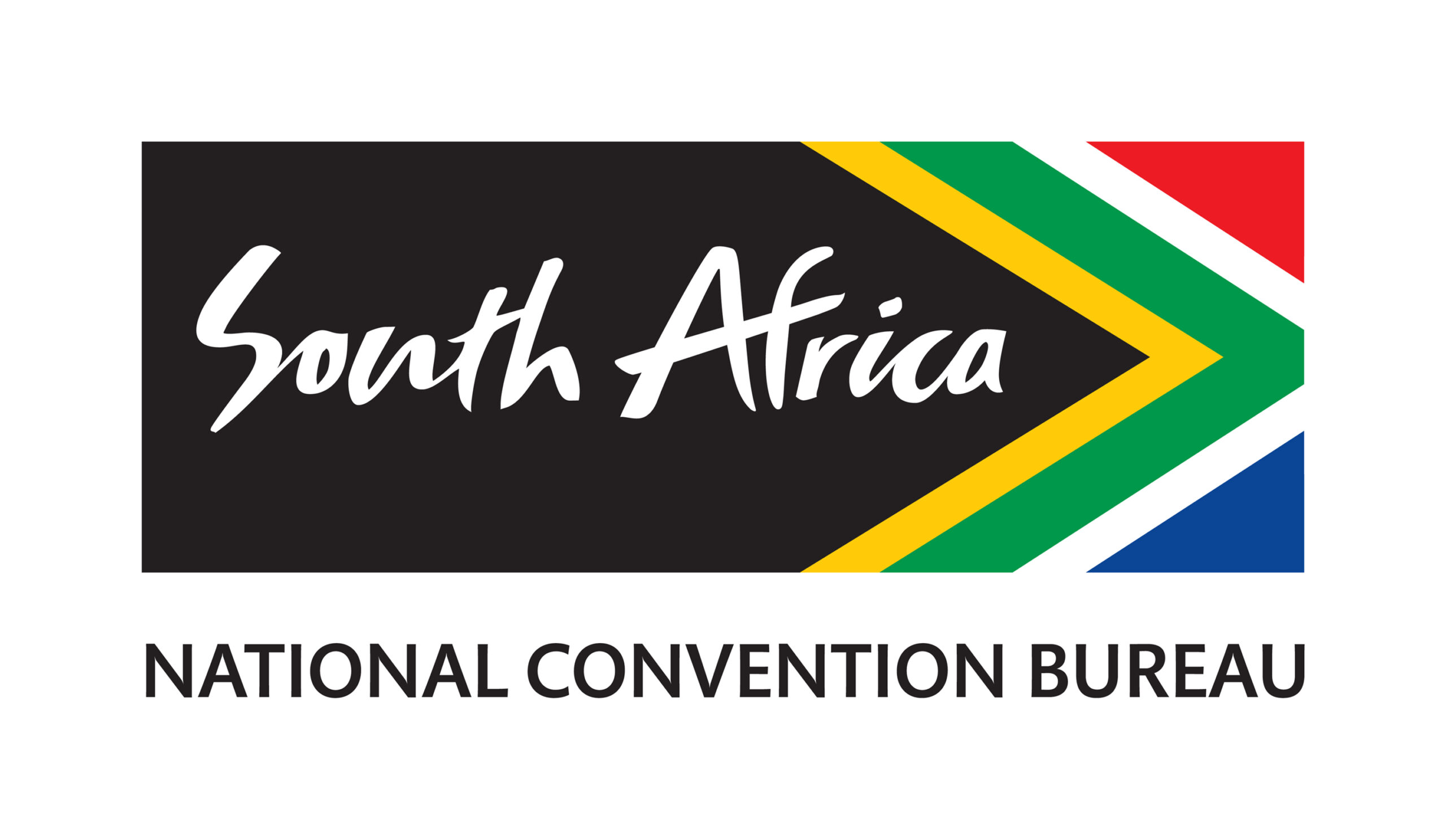Requirements for entering South Africa
You will need the following if you wish to visit South Africa:
-
-
- A valid and acceptable passport or travel document for your intended stay
- At least one blank page in your passport for endorsements
- A valid visa, if required
- Sufficient funds to pay for your day-to-day expenses during your stay
- A return or onward ticket
- Yellow fever certificates if your journey starts or entails passing through the yellow fever belt of Africa or South America.
-
Types of Visa
Visa-Free Countries
Citizens of many countries are exempt from obtaining a visa for short stays in South Africa for tourism, business, or family visits for up to 90 days within 180 days. This includes most European Union countries, the United States, Canada, Australia, and New Zealand, among others. However, it is important to check the latest information from the South African Department of Home Affairs or the nearest South African embassy or consulate, as visa policies can change over time.
Visa-Required Countries
Citizens of certain countries are required to obtain a visa before traveling to South Africa, regardless of the purpose of their visit. This includes countries such as India, China, Russia, and many African countries. A visa must be obtained from a South African embassy or consulate in the traveler’s home country before departure.
Visa on Arrival
South Africa does not generally offer visas on arrival to short-term visitors. However, there are some exceptions, such as travelers from certain African countries who may be eligible for a visa on arrival for short stays.
Countries that require visa applications can check the requirements on the log applications via the VFS Global platform and make an appointment at their nearest office in their country.
Countries who don’t have a VFS Global office will have to visit the South African Embassy and can find their details on the following website.
Requirements for Entry
In addition to obtaining a visa (if required), travelers to South Africa must have a valid passport with at least six months of validity remaining from the date of entry, a return or onward ticket, and proof of sufficient funds to cover their stay in South Africa. They may also be required to provide evidence of accommodation arrangements, a yellow fever vaccination certificate (if traveling from or transiting through a yellow fever endemic area), and other supporting documents as requested by immigration officials.
Length of Stay: Short-term visitors are generally allowed to stay in South Africa for up to 90 days within a 180-day period for tourism, business, or family visits. It is important to adhere to the permitted duration of stay and not overstay the allowed period, as it may result in fines, deportation, or future travel restrictions. It’s important to note that immigration policies and requirements can change, and it’s always best to check the latest information from the South African Department of Home Affairs or the nearest South African embassy or consulate before making travel arrangements.
Applying for a South African Visa Visitors’ visas are for international travelers (citizens of other countries) who have permanent residence outside South Africa and who wish to visit the country on a temporary basis for tourism or business purposes for a period of 90 days or less.
A visa simply indicates that your application has been reviewed at a South African embassy, mission or consulate and that the consular officer has determined you are eligible to enter the country for a specific purpose.
The visa will allow you to travel to a South African port of entry where an immigration official will then determine if you are allowed to enter South Africa and for how long you can stay for that particular visit. Visitors are restricted to the activity or purpose for which their visas were issued.
On entry to South Africa, a visa is considered to be a visitor’s permit. The permit’s period of validity is calculated from the date of entry into the country and will be set out under the heading “conditions” on the visa label. You must ensure that you apply for the correct visa/permit. Entry in the country may be refused if the purpose of the visit is not correctly stated.
Requirements for visitor’s visas differ from country to country (click here to see which countries are currently exempt), and the requirements are subject to change. As each application is treated as an individual case and you should make enquiries with your nearest South African mission or consulate abroad or any office of the Department of Home Affairs to see whether or not you are required to apply for a visa.
Remember that there is a fee charged for issuing a visa, and you should check the cost with the office as well as this is updated annually. The fee is payable in different currencies in different countries.
Visas are not issued at South African ports of entry, and airline officials are obliged to insist on visas before allowing passengers to board. If you arrive without a visa, immigration officials are obliged to put you onto a flight back to your home country
Foreigners with long-term status (work permits/permit residence) in the neighboring countries who transit the Republic to return to their employment or residence are not subject to the transit visa, provided they are in possession of proof of their status.
Documents required to apply for a visa
- A passport or travel document valid for no less than 30 days after the expiry of your intended visit
- Your passport must have at least one unused page for entry / departure endorsements
- A completed Form BI-84 (application for a visa)
- Payment of the prescribed fee
- A yellow-fever vaccination certificate (if required)
- Statement and/or documentation confirming the purpose and duration of your visit
- Two color passport photographs A return or onward ticket if you are travelling by air
- If you have children (minors) travelling with you or joining in South Africa, you will need to provide the following additional documents
- Unabridged birth certificate Proof of guardianship or custody or consent from the guardian in the case of an unaccompanied minor
- Proof of financial means to pay for your living expenses while in South Africa in the form of:
– Bank statements
– Salary advances
– Undertakings by the host(s) in South Africa Bursary Medical cover or
– Cash available (including credit cards and travellers’ cheques)
Partners



